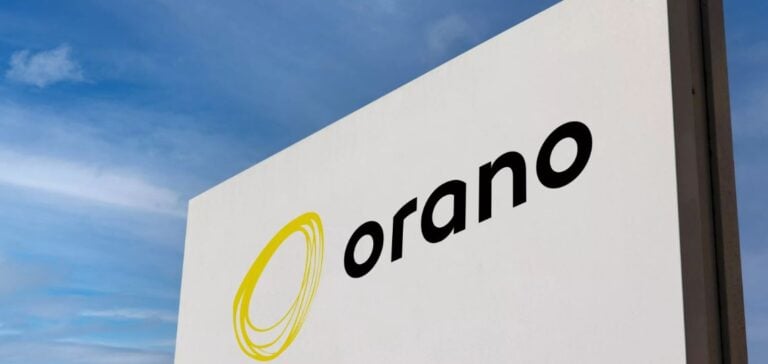The last rail shipment carrying vitrified high-activity nuclear waste has reached the storage facility in Philippsburg, Germany, on November 20, 2024. This transport marks the completion of contractual commitments between Orano, the French group specializing in used fuel recycling, and four German energy companies: PreussenElektra, RWE, EnBW, and Vattenfall.
These contracts, signed between 1977 and 1991, enabled the treatment of 5,310 metric tons of used nuclear fuel from German reactors. According to Orano, approximately 96% of this material was recycled, including uranium and plutonium, which can be reused as fuel. The non-recyclable waste was vitrified before being returned to Germany.
A Transport Under High Security
Departing from the Orano plant in La Hague, located in Normandy, the nuclear waste was initially escorted by road to the Valognes rail station, approximately 30 kilometers away. From there, a secure rail convoy transported the containers to Philippsburg, a site near the French border where a former nuclear plant has been under decommissioning since 2019.
This shipment involved extensive security measures due to the highly radioactive nature of the containers. Yannick Rousselet, a nuclear safety consultant for Greenpeace France, highlighted that although Philippsburg is decommissioned, it remains close to the French border, raising concerns about cross-border safety.
A Strict Legal Framework
French law, enacted in 2006, prohibits the storage of foreign radioactive waste within its territory. This legal framework compelled authorities and Orano to ensure the systematic return of vitrified waste to its country of origin. While this approach is supported by organizations such as Greenpeace, it also underscores the long-term challenges of managing nuclear waste.
Orano stated that these shipments are part of a controlled process, claiming that liquid or gaseous discharges generated during recycling operations at La Hague have no significant health impact. However, these claims remain contested by environmental groups.





















